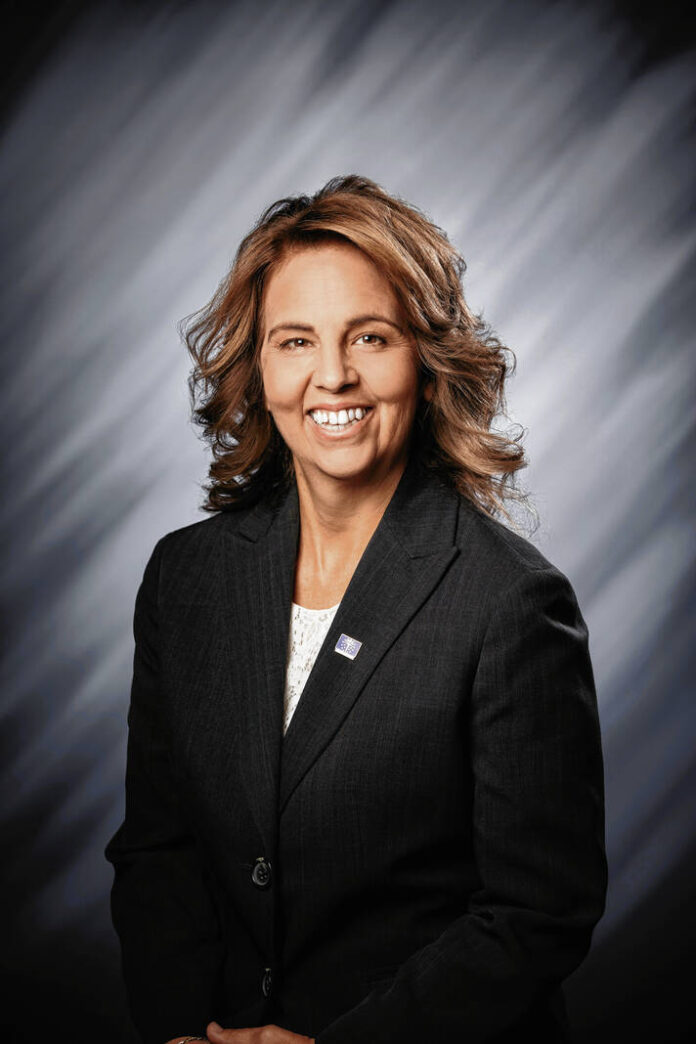An expansion to a pilot program could bring new possibilities to students who can’t complete their high school careers due to exceptional circumstances.
Students who leave traditional schooling in the midst of high school to take a high school equivalency exam don’t count as graduates of their original school, which decreases the school’s graduation rate. House Bill 1406, authored by Indiana Rep. Michelle Davis, R-Greenwood, would expand a pilot program to count students who earned their high school equivalency after attending Greenwood, Whiteland and Center Grove high schools.
The pilot program originally just included high schools in Washington Township, Warren Township and Richmond school districts. If the bill becomes law, however, it would expand to include the three Johnson County schools, along with high schools in Bartholomew Consolidated School Corporation, Elwood Community School Corporation and Anderson Community School Corporation starting this fall. It would also extend the pilot program’s expiration from June 30, 2024 to June 30, 2026, according to the bill.
“These are students who are in their fourth year of high school and have less than 50% of the credits they need in order to graduate,” Davis said. “It allows them to go into an adult education program and work on getting their high school equivalency and industry recognized certification, but stay on the high school’s (Average Daily Membership) count.”
Davis decided to author a bill to extend the expiration date of the program and add more schools to it because the original pilot program was heavily affected by the pandemic. It also didn’t include enough of a variety of schools to determine whether it would be a success if implemented statewide, she said.
Students would be able to take both their high school equivalency and industry certification classes at their local adult education center. For Johnson County students, it would be Central Nine Career Center, where they could become certified in a variety of industry classes, including welding, HVAC, certified nursing assistance, medical assisting, dental assisting and firefighting, among other options, said Davis, who also serves as the director of Central Nine’s adult education program.
At Center Grove High School, the program would likely only apply to a student or two each year, as most students who are behind on credits enroll in Center Grove School Corporation’s Simon Youth Academy program, said Jeffry Henderson, the high school’s principal.
“It would be a rare occasion where a student would utilize this option,” he said. “It could be a situation where a student becomes a parent and they need to work full time to support their family or a situation where there’s a terminal illness of a custodial parent and the student has to earn income to pay the rent in the place they live. In most cases, a student would be doing this in response to a life event.”
While the program benefits the schools involved, which will have a more accurate graduation rate, it will also better prepare students for life after high school, said Terry Terhune, Greenwood Community School Corporation’s superintendent.
“We’re excited about it, it’s another opportunity for some of our kids to find a way to graduate. In addition to that, it will provide training and some type of certification, which will help them with job prospects after graduation,” he said. “It’s not only a way to help our graduation rate, but we’re helping students graduate and be successful.”





